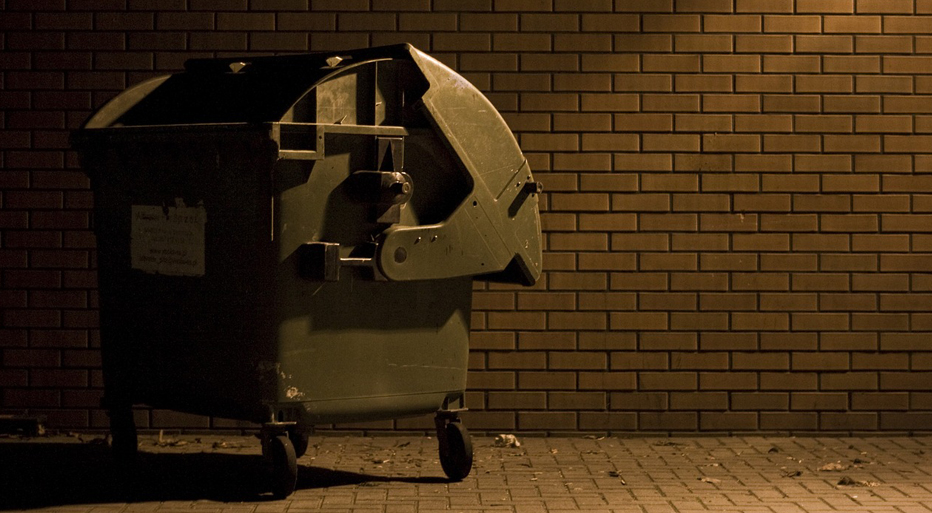
02 Mar Food sector meets waste initiative target
Food sector meets waste initiative target
Businesses involved in the food and drinks sector have a big responsibility in watching their waste. This accountability led to the setting up of the Hospitality and Food Service Agreement (HaFSA), a voluntary agreement that saw signatories try to drastically cut down the amount of food that gets thrown away within the industry.
The initiative was led by the Waste & Resources Action Programme (WRAP). WRAP saw a need for change after their research showed that more than 1.3 billion meals are wasted by the UK’s food and hospitality sector every year.
The participating businesses in the HaFSA had two main targets to meet between 2012 and 2015, which were to reduce food and associated packaging waste by five per cent and to increase the rate of packaging being recycled and sent to anaerobic digestion to 70 per cent by the end of 2015. The results were published in January 2017.
It is believed that the effective management of waste is a crucial factor in improving operational efficiency, making businesses more cost-effective, and increasing customer satisfaction rates.
The signatories managed to meet their target for the first goal, reducing food and packaging waste by 11 per cent overall. WRAP has said that the three years saw an estimated 24,000 tonnes of food saved from being thrown away – equalling a saving of £67 million.
The director of WRAP, Steve Creed, commented on the promising amount of progress made: “The hospitality sector has taken huge strides implementing measures to prevent food waste and realised individual and sector-wide benefits.”
In terms of recycling, however, the numbers unfortunately fell short. An increase of only 56 per cent was achieved, not quite reaching the 70 per cent that was sought. Creed noted this but was still hopeful about what the changes mean for the future: “While it is disappointing not to have met the waste management target in full, big improvements have been made.”
He added that HaFSA has clearly been a catalyst for the industry, creating the motivation and inspiration to help the industry rethink its business strategy, and saving it money in the process.
WRAP has also led an even more ambitious voluntary agreement called the Courtauld Commitment 2025, which is a ten-year project spanning from 2015 to 2025, a timeframe in which it will aim to reduce the waste and greenhouse gas emissions associated with the food and drink industry by at least one-fifth per person.
It’s important for all businesses in the food and hospitality sector to do what they can and help the environment by reducing food waste and increasing recycling rates. HaFSA’s initiative has shown that, with the right measures in place, substantial changes can be made, making the sector far more environmentally friendly.
If you own a business in the food and hospitality sector, then, as well as a good waste management plan, you’re going to need suitable insurance to help ensure that your enterprise will be successful. You never know when the hard times are going to hit, so it will help for you to be properly prepared. Whether you own a chinese restaurant, a pizzeria, a coffee shop, or a pub, Treadstone can help get all your risks covered.







Sorry, the comment form is closed at this time.